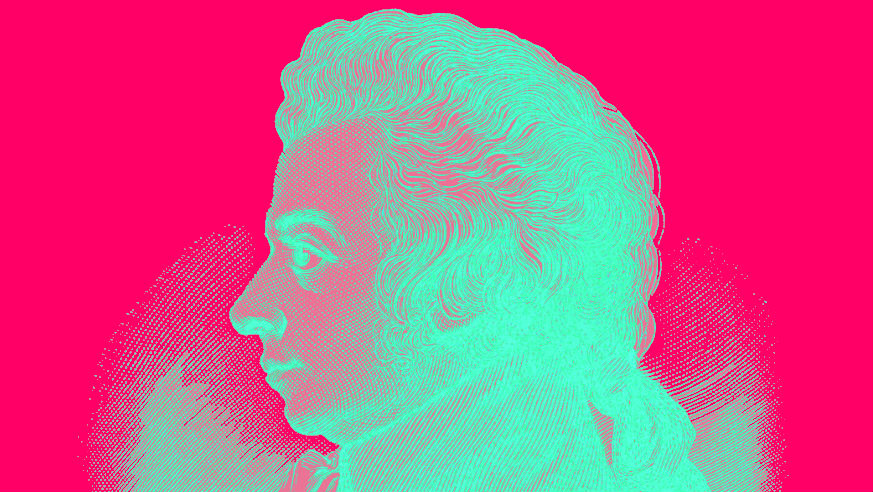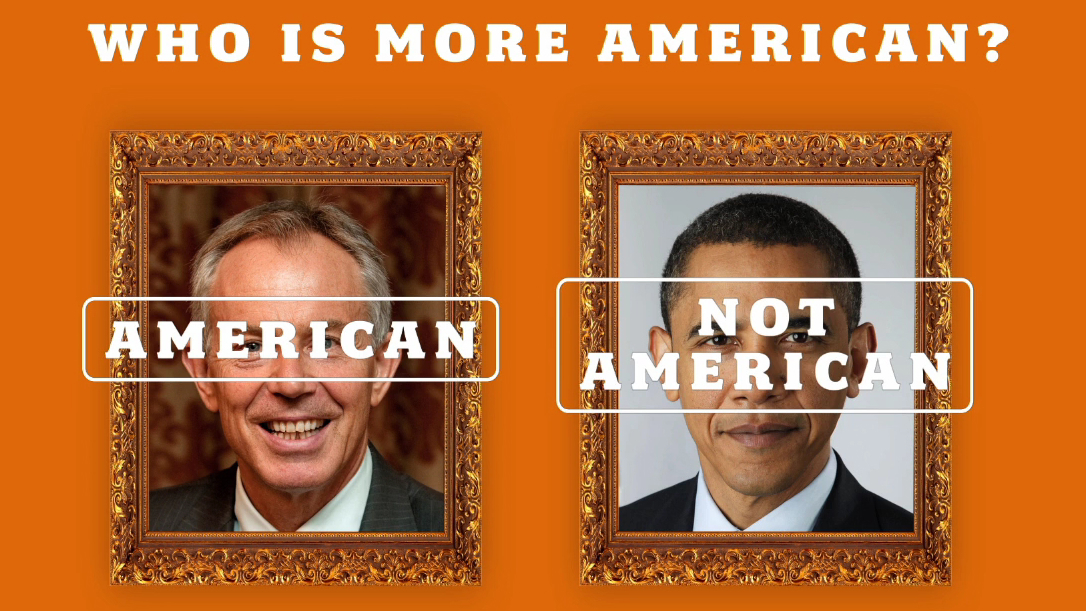Floating University
All Stories
In his Floating University lecture, Dr. Nicholas Christakis explains why individual actions are inextricably linked to sociological pressures.
As barbarians, says Lawrence Summers, economist and former President of Harvard.
In his Floating University lecture, Dr. Jeffrey Brenzel shows how our intellectual history is the story of rediscovering old ideas, and how these ideas will help you address permanent aspects of the human condition.
In his Floating University lecture Jeffrey Brenzel, Philosopher, Dean of Undergraduate Admissions at Yale University, argues the classics will not only enhance your education, but help you live better.
What’s the difference between a Jackson Pollock painting and a finger-painting? Why is “The Magic Flute” so enduring, while other classical compositions have been forgotten? Leon Botstein, the dean of Bard College, examines what we’re talking about when we talk about art.
Miles Grimshaw didn’t get in to the most popular course at Yale this Fall. The course, Great Big Ideas, features the best experts, scholars and professionals the world has to […]
Doug Melton, of Harvard’s Stem Cell Institute, speaks of a new era of medicine in his Floating University lecture. Medicine will no longer aim to simply fix you if you have a disease or injury, but replenish you in order to maintain your young and vibrant state.
In the 21st century, biology will usher in advances in regenerative medicine. Stem cells will be at the center of discovery and application in that new field.
“If you’re going to be successful in your career, you’re going to make some money,” says hedge-fund manager and Floating University lecturer William Ackman. “And how you invest that money […]
To be a successful investor, you don’t want to be jumping from one company to the next. Instead, William Ackman says, pick a company that you can own forever.
“It turns out we’re not the only species that assembles ourselves into networks,” says sociologist and physician Nicholas Christakis.
There’s nothing inherently wrong with stereotypes. In fact, cognitive psychologists argue that we need them in order to survive.
Sure, economics is about making money. But it’s really about human behavior in general. In his Great Big Ideas lecture, University of Chicago professor Saul Levmore looks at the origins and tools of economics.
Would you choose the state of equality and justice envisioned by John Rawls or the state of radical individual liberty envisioned by Robert Nozick? This question is posed by Yale professor Tamar Gendler in this week’s Floating University lecture.
Steven Pinker is a cognitive psychologist interested in language as a window into the human mind. In this excerpt from his linguistics lecture for the Floating University, he illuminates some of the mysteries surrounding children’s hardwired ability to learn language.
Floating University News Feed: Advice for Obama, High-End Real Estate and the Ethics of a Tummy Tuck
Great Big Ideas, the first Floating University course, features twelve of the most important thinkers and practitioners in their fields. These lecturers are constantly making news, and in this blog, […]
While some inventions will remain forever confined to the pages of science fiction novels, much of what we’ve dreamed up in books – warp drive, star gates, portals through space and time – will one day make the leap in to living rooms everywhere.
Demography is an ever-evolving tool that can help us imagine and re-imagine the future. In this clip from his lecture for The Floating University, Professor Joel Cohen explains its significance.
It is the premise of the course that there are precious few important ideas relevant beyond their specific disciplines, but that it is these very ideas that are the foundation of a modern education.


















